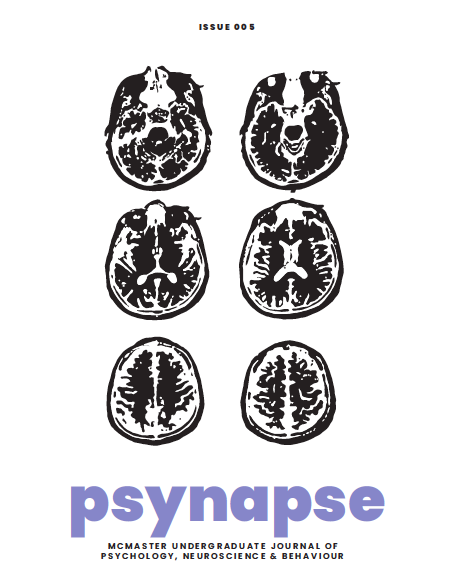Is it what you say, or how you say it? Examining sentence voice in ambiguous writing
Abstract
Headlines are one of the fastest ways to obtain important information in a short period of time, but the trade-off between eye-catching versus accurate news can result in misinformation, with dangerous consequences. Often constructed in the passive voice, news headlines may influence how we assign responsibility to those in a given scenario. Consider this tweet in the passive voice: “A reporter was hit by a pepper ball on live television by an officer who appeared to be aiming at her” (The New York Times; 05/31/2020). Removing redundant details and switching to active voice gives: “Officer hits reporter with pepper ball”. Immediately, the switch from passive to active makes clear the true perpetrator of the main action, previously vague in the original headline, and demonstrates how sentence voice manipulation may influence our perception of assigned responsibility. To our knowledge, this study is the first to examine the effect of sentence voice on attributed agency. Investigating using explicit and implicit measures, we hypothesized agency, the capacity to act, for the true agent (A) and victim of an action (B) to differ depending on voice. In the passive voice, (B) may appear more responsible for causing the event to happen than (A), despite the opposite being true. Our implicit measurement of agency attribution, the Intentional Binding Task, did not find any observable difference between the observed action and control condition, nor between the active/passive voice sub-conditions of the former. Moreover, our explicit measurements of responsibility scores, assigned to (A) and (B) within a sample scenario, found no significant change between active and passive conditions: participants attributed more responsibility to the true agent (A) regardless of voice. However, exploratory analysis of perspective scores, which provided insight into the degree to which participants imagined the scenario from the perspective of each character, found that participants had a higher tendency to take the perspective of (A) rather than (B) in the active voice condition only. These results indicate readers to be more skilled in identifying the agent than previously predicted and point to another possible interpretation: perspective-taking by the perceiver, as opposed to agency attribution, may account for the discrepancy between the clarity of active voice and ambiguity of passive voice. Therefore, further analyses of perspective’s influence on perception as pertaining to sentence voice may prove an interesting subject for future studies and shed more light on its connection to news misinformation.


